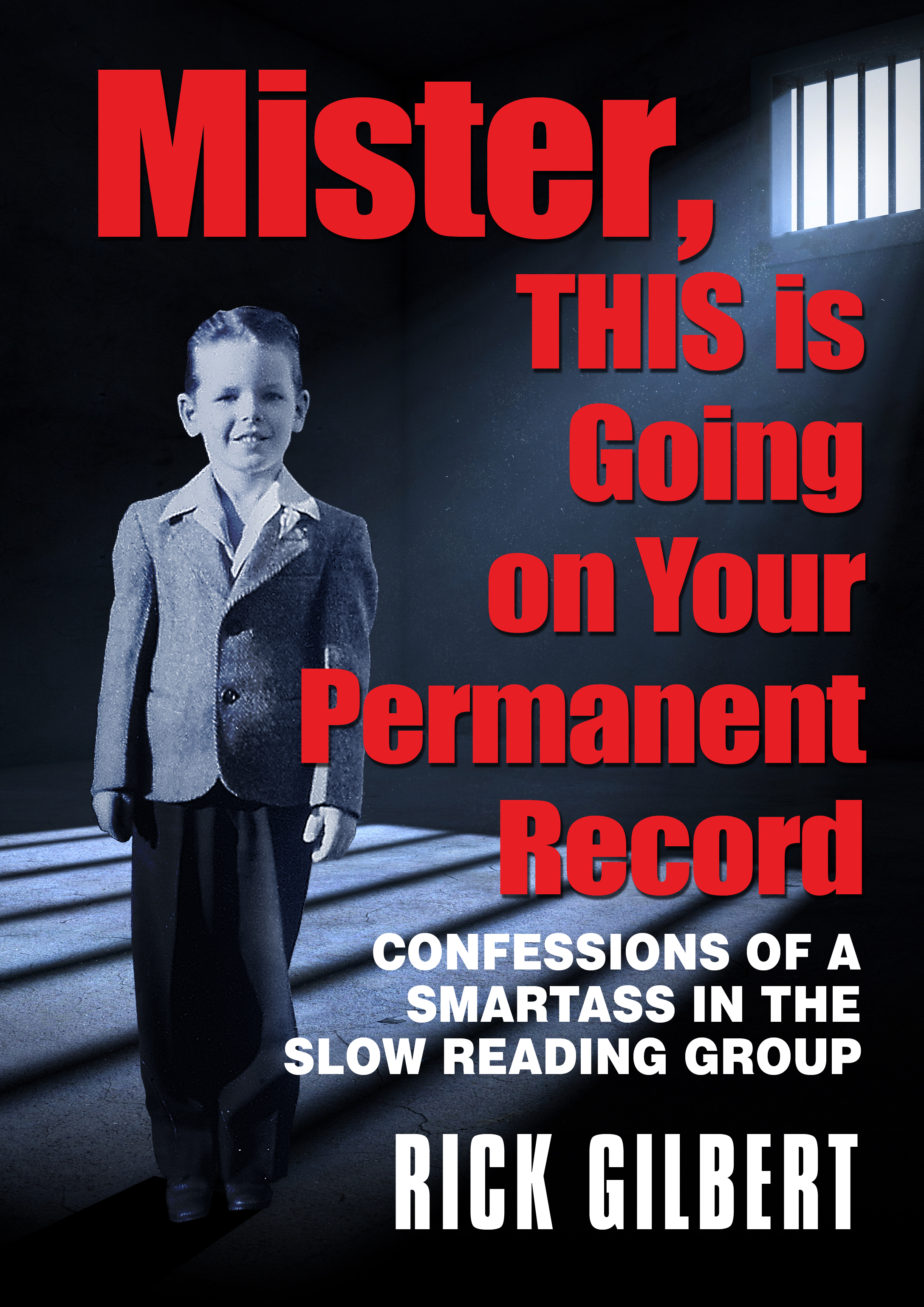


He is good at describing the culture of the intelligence community and especially its IT staff, who hold the keys to the kingdom, with access to data that is otherwise available only to a tiny echelon of top brass. Most of those secrets remain unpublicized even as Snowden also insists that he held much material back. Snowden insists that he did not release NSA and CIA secrets willy-nilly when he leaked his trove of pilfered information (“the number of documents that I disclosed directly to the public is zero”) instead, it went to journalists who he trusted would act as filters, revealing the newsworthy to the public. As for governments, that data is something that on-the-ground spies could never hope to amass. Corporations lust for the commercial possibilities of targeted advertising and influence-peddling. government is a willing agent of “surveillance capitalism, and the end of the Internet as I knew it.” The creative web fell, replaced by behemoths like Facebook and Google, which keep track of users’ comings and goings, eventually knowing more than we do about ourselves and using that data as a commodity to buy and sell. A second theme, equally ubiquitous, is that the U.S. “I used to work for the government,” he writes, “but now I work for the public.” He adds that making that distinction “got me into a bit of trouble at the office.” That’s an understatement. intelligence community was an act of civic service. Snowden opens with an argument he carries throughout the narrative: that revealing secrets of the U.S.

The infamous National Security Agency contractor–turned–leaker and Russian exile presents his side of the story.


 0 kommentar(er)
0 kommentar(er)
